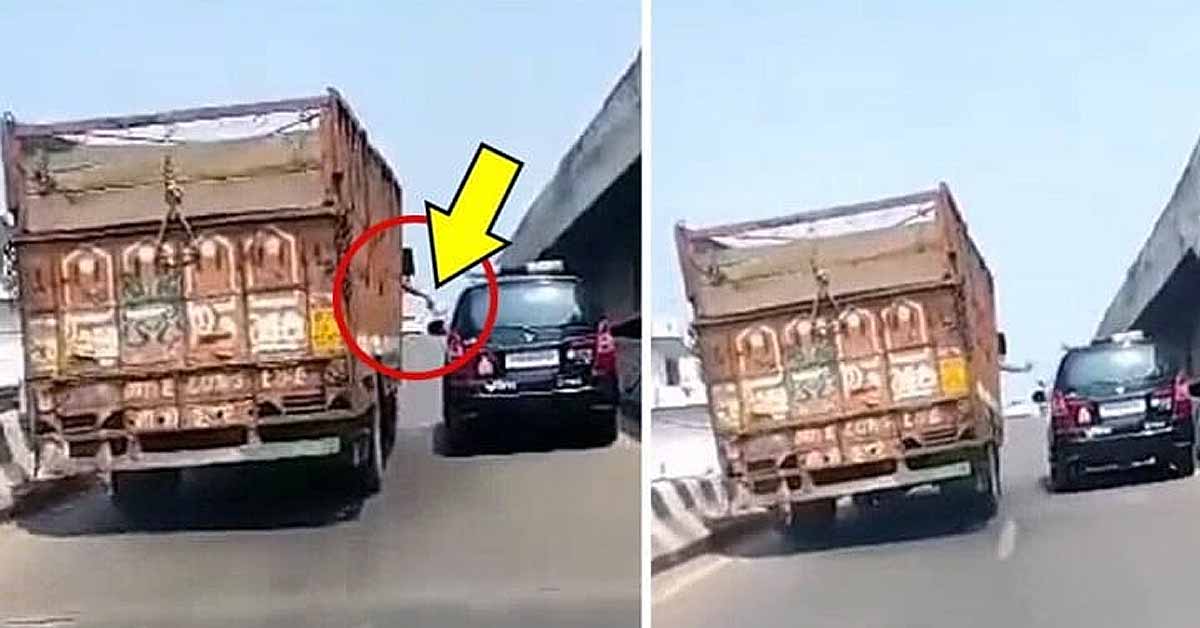The ‘Rate Card’ Expose
In India, the awareness of corruption within the police force is far from new. The exchange of money within the hands of those entrusted with upholding law and order has, unfortunately, become an ingrained aspect of our society.
However, even then the recent revelations that have surfaced are nothing short of staggering, shedding light on a corruption network that extends far beyond isolated incidents. It appears that corruption has transformed from sporadic malpractice into a meticulously orchestrated web of transactions, with each rung of the hierarchical ladder having its own designated price tag.
A purported ‘rate card’ detailing bribes for police officials has emerged online, leading to the suspension of a high-ranking officer responsible for a police chowki affiliated with the Jewar police station.

The alleged ‘rate card’ highlights a culture of corruption at the local level within a police station in Greater Noida, Uttar Pradesh but surely, it is not limited to just one!
Gautam Buddh Nagar’s Police Commissioner, Laxmi Singh, responded swiftly by initiating a thorough investigation into the matter, officials confirmed on Thursday.
Following the exposure of these grave allegations, authorities promptly removed the in-charge of a police chowki linked to the Jewar police station from his position. These actions reflect a commitment to address the issue transparently and promptly.
The accusations revolve around the involvement of local police in facilitating illegal gambling and unauthorized liquor consumption in the Gautam Buddh Nagar district’s Jewar area. This paints a disconcerting picture of a lack of accountability and integrity within the very institution entrusted with upholding the rule of law.
Adding a disturbing layer to the unfolding saga, the purported ‘rate-card’ detailing the amount of money required to bribe various police officials surfaced on social media.
This list includes not only officers but extends to include transactions with a “young politician” and “media professionals.” This troubling revelation underscores the need for comprehensive reforms that address corruption’s pervasive grip on different sectors of society.
In response to these allegations, a police media cell official informed that the police commissioner has taken decisive action by ordering a thorough inquiry into the matter. Additionally, the officer in charge of the Neemka police chowki has also been relieved of their duties, signaling a commitment to holding those responsible accountable.

This recent instance of corruption follows closely on the heels of another scandal involving a constable deployed in Noida. A video surfaced, allegedly depicting the constable soliciting a bribe of Rs 20,000 from the family of a jailed individual.
The constable, affiliated with Noida’s Sector 20 police station, was purportedly caught on tape demanding a bribe to settle a case. As a result, an internal inquiry was launched by the police to address the matter.
The Police, The Harbingers Of Law And Order
The deeply rooted issue of corruption within the Indian police force has long been acknowledged, but the emergence of a purported ‘rate card’ has thrown this issue into sharp focus.
This ‘rate card,’ detailing the precise amounts required to bribe various police officials, has left the citizens smirking with ‘we knew so’ but also revealed the sinister underbelly of a system that has lost its ethical bearings.
What is most unsettling about these revelations is the meticulous organization and apparent standardization of bribery within the police force. It is no longer a matter of isolated cases or occasional lapses in judgment; rather, it seems to be a well-structured, almost institutionalized, practice.
The emergence of a “rate-card” adds another layer of concern to the unfolding narrative. This rate-card purportedly outlines the monetary amounts required to bribe different police officials. The card doesn’t discriminate, as it seemingly includes everyone from rank-and-file officers to more influential figures like “young politicians” and “media professionals.” This inclusion sheds light on the pervasiveness of corruption, revealing a web that extends beyond the police department into other realms of society.

It is almost like a piece of well-oiled machinery, where each individual within the hierarchy appears to have their own price tag, indicating a disconcerting level of normalization and acceptance of such practices within the police force.
What can be said about the audacity with which this corruption has been operationalized?
It is an insult to the principles of justice, integrity, and public trust that the so-called police force is supposed to uphold, and when those who are meant to enforce the law themselves become active participants in its subversion, the foundations of a just, equitable and law-abiding society are undermined.
Such actions erode the already fragile relationship between the police force and the public it serves, encouraging an environment of mistrust and disillusionment.
As disheartening as these revelations are, they must serve as a wake-up call for a comprehensive overhaul of the system, and it is imperative for authorities to take swift and stringent action, not just in punishing the guilty but in reestablishing the credibility of the police force.
This issue is not limited to just the police; it’s a reflection of a more significant societal problem in India, where the culture of corruption thrives in an environment where accountability mechanisms are weak, transparency is lacking, ethical values are disregarded, and the legal system is fractured.
To tackle this issue and many more that plague the country, a concerted effort is needed; it is time we build a society that values honesty, integrity, and fairness.
At the same time, collective efforts are required from all quarters – the government, law enforcement agencies, civil society, and the public. Stricter internal mechanisms, unbiased external oversight, and robust whistleblower protection frameworks are crucial components of the solution.
Moreover, we must, as citizens and all those in the position to bring in change, aim at cultivating a culture of ethics and accountability from the grassroots level upwards to help prevent corruption from taking root in the first place.
The Last Bit, the emergence of a ‘rate card’ for bribing police officials, is a distressing revelation but undoubtedly not surprising; however, it still demands immediate action but a thorough cleaning of the system from the inside out!



